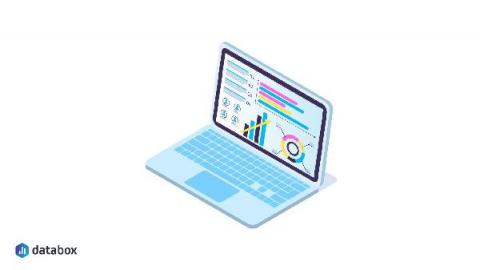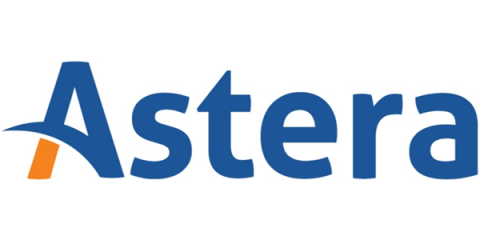How to train your team for Exploratory Testing
Picture a team that’s working on a new mobile banking application: This is an example of the impact Exploratory Testing can have on your testing efforts. It is a hands-on approach to software testing in which you simultaneously design and execute tests using your creativity and intuition. The purpose of this blog post is to guide you on how to effectively train your team for exploratory testing, ensuring they are well-equipped to leverage this approach for maximizing software quality.











